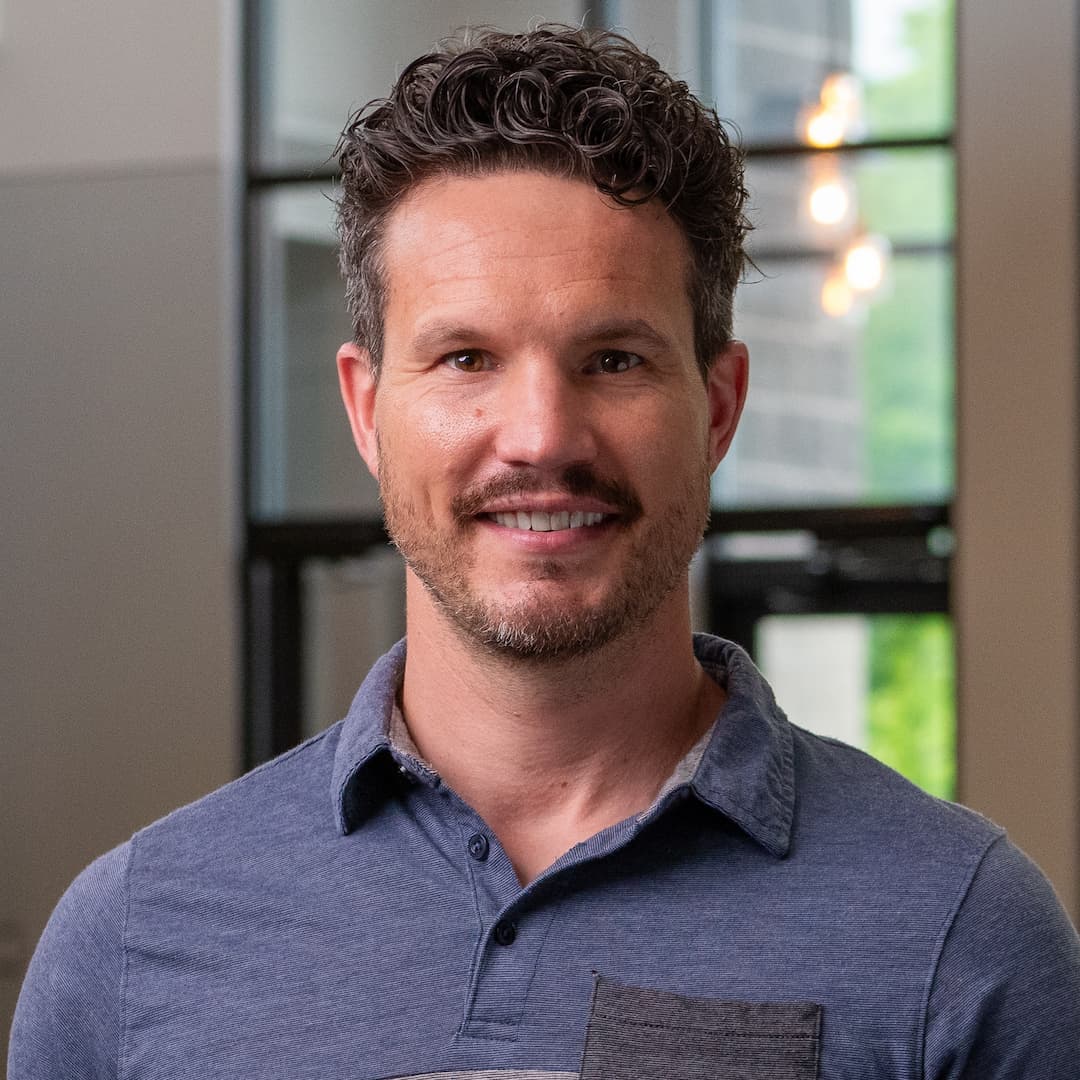Reading is an important spiritual discipline for disciples of Jesus. Reading deeply and widely helps expose us to new ideas and insights, challenges existing assumptions and convictions, prompts self-reflection and examination, and invites us to live more faithfully in the world.
We asked our staff to share their favorite books from this past year and ended up with a fantastic list below.
Please note that these books were not necessarily published in 2022, just books that we happened to read in 2022. Additionally, note that recommending a book does not mean we agree with everything in the book. We believe that considering different perspectives, even those with which we might disagree, can help us further clarify our own beliefs, values, and practices. In other words, we encourage people to read broadly, to go beyond the safety of echo chambers.
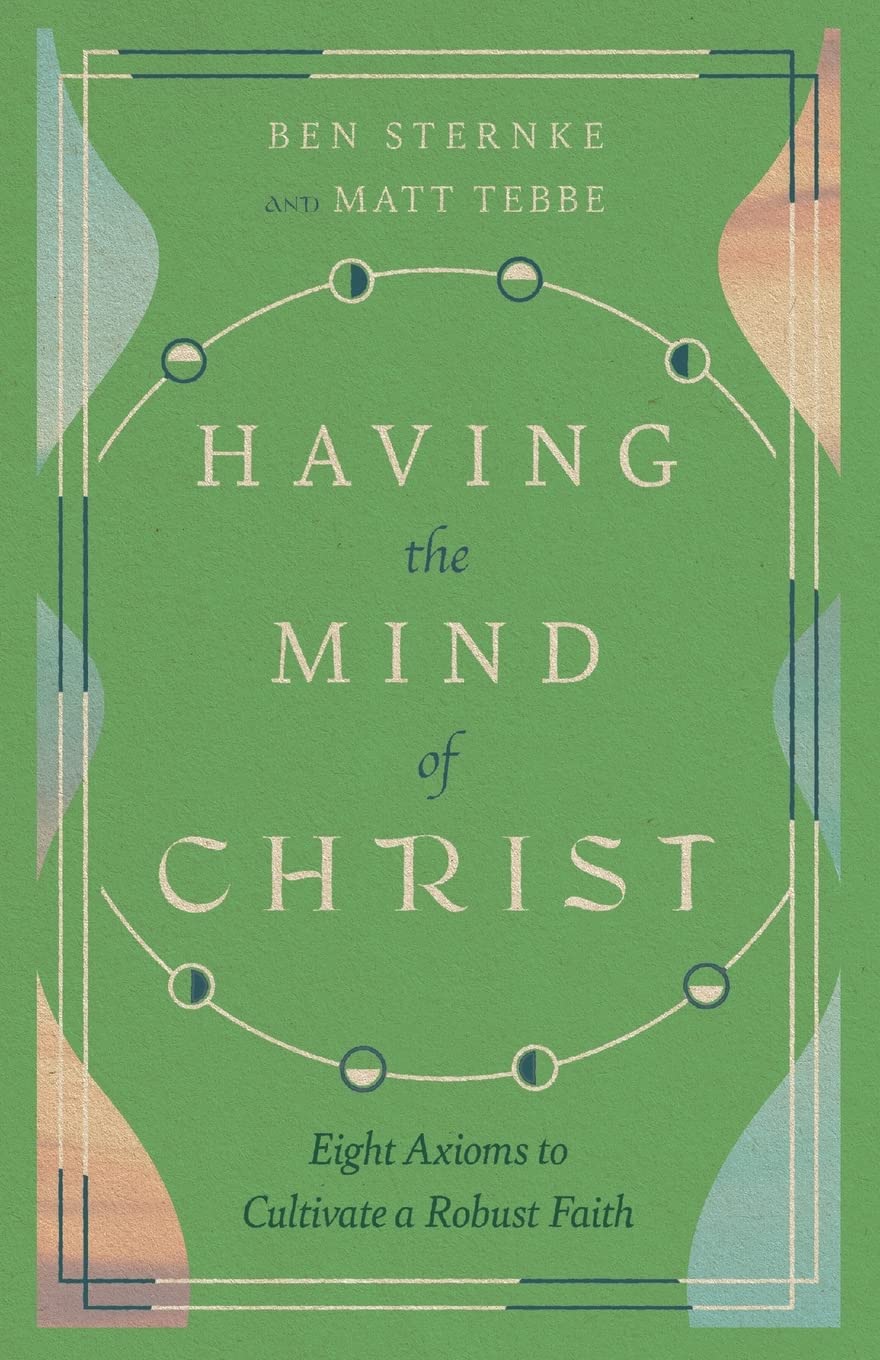
Having the Mind of Christ by Ben Sternke & Matt Tebbe
Submitted by Mac McCarthy
Real transformation often feels out of reach. Despite our best efforts to modify our behavior by engaging in new tactics and techniques, the inside-out transformation we deeply desire can feel unattainable. In this book, Matt & Ben suggest that we need to go beyond new tactics, techniques, and practices. We need new paradigms. This book outlines eight axioms that capture the lenses through which Jesus saw and interacted with the world. Doing a deep dive into each of these axioms invites readers to dive deeply into a transformative journey with the God who is perfect love.
“The God who is love, who is always present and at work, who always looks like Jesus, always meets us right where we really are, in the middle of whatever mess we find ourselves in.”
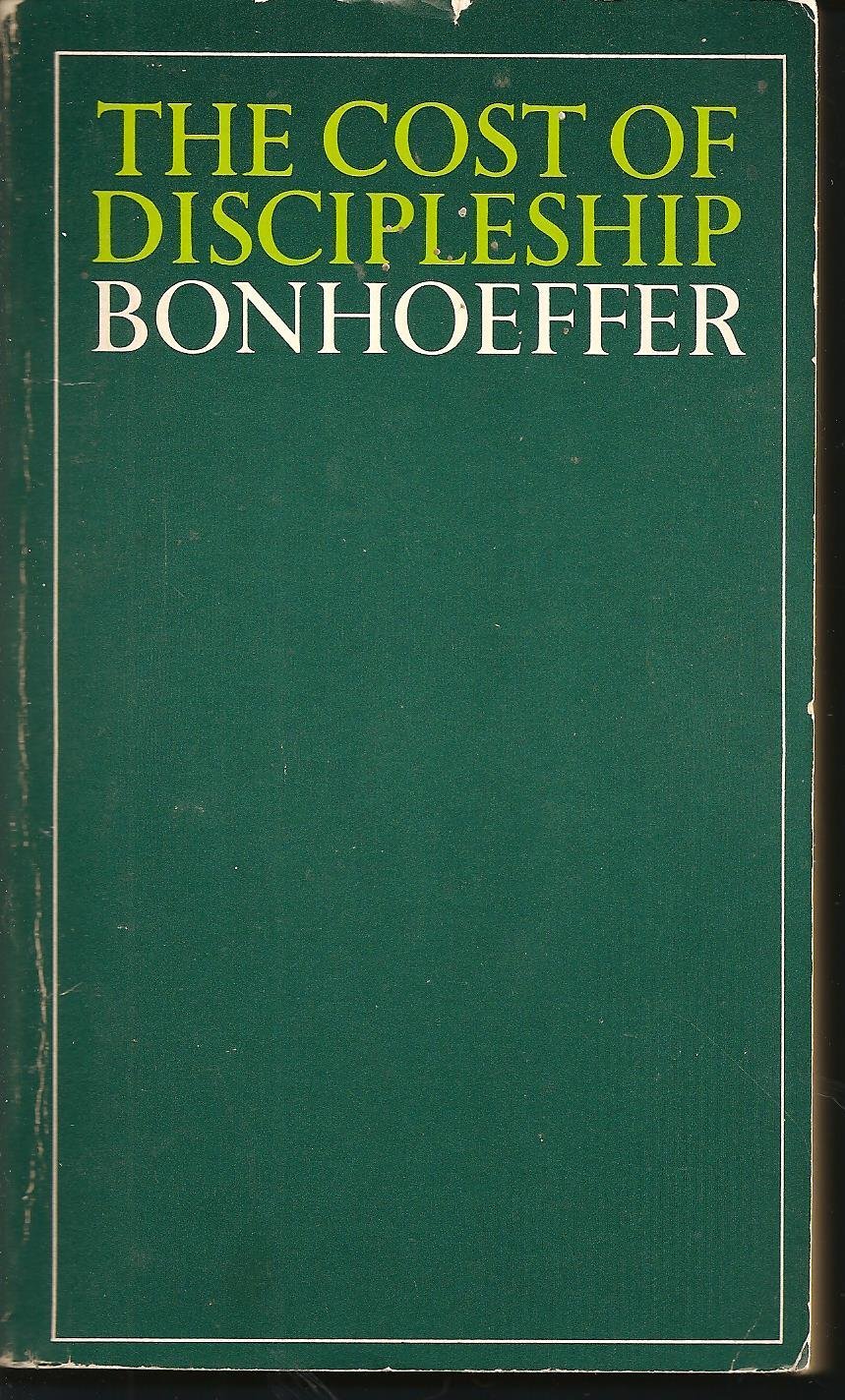
The Cost of Discipleship by Dietrich Bonhoeffer
Submitted by Cameron Lucas
Dietrich Bonhoeffer pulls no punches when writing about how hard being a disciple of Jesus can be. But he also shows that when we submit every part of our life to God we experience the grace and presence of Jesus in a much more powerful way than when we settle for 'cheap grace.' A little dense at times, this book really helped to expose the parts of my life I'm still holding on to too tightly.
"The Christian must treat his enemy as a brother...his behavior must be determined not by the way others treat him, but by the treatment he himself receives from Jesus."

Misreading Scripture with Western Eyes by E. Randolph Richards & Brandon J. O’Brien
Submitted by Mac McCarthy and Sarah Jones
We all have cultural lenses through which we see and understand the world. What we see is often not what we are looking at, but what we are looking with. This is most certainly true when reading the Bible. In this book, Richards & O’Brien explore how our cultural blinders lead us to misinterpret and misapply the Scriptural text. The chapters on “Individualism and Collectivism” and “Honor and Shame” are worth the price of this book alone. By becoming more aware of our own cultural lenses and how those differ from the biblical text, we can more rightly understand and apply God’s word in our social location.
“The core conviction that drives this book is that some of the habits that we readers from the West (the United States, Canada, and Western Europe) bring to the Bible can blind us to interpretations that the original audience and readers in other cultures see quite naturally.”
One of the most important things I’ve learned over the past few years is that most people have a different perspective about life than I do. Our own culture, upbringing, and experiences shape how we view the world around us. And as I read Misreading Scripture with Western Eyes, I was able to better understand how this truth profoundly affects how I read and interpret the Bible. Being reminded that I have my own “lenses” through which I see the world has helped me be more open to reading the Bible with other people’s perspectives in mind, which leads to a more faithful interpretation and application of the Scriptures.
“...the most powerful cultural values are those that go without being said. When a passage of Scripture appears to leave out a piece of the puzzle because something went without being said, we instinctively fill in the gap with a piece from our own culture—usually a piece that goes without being said. When we miss what went without being said for them and substitute what goes without being said for us, we are at risk of misreading Scripture.”
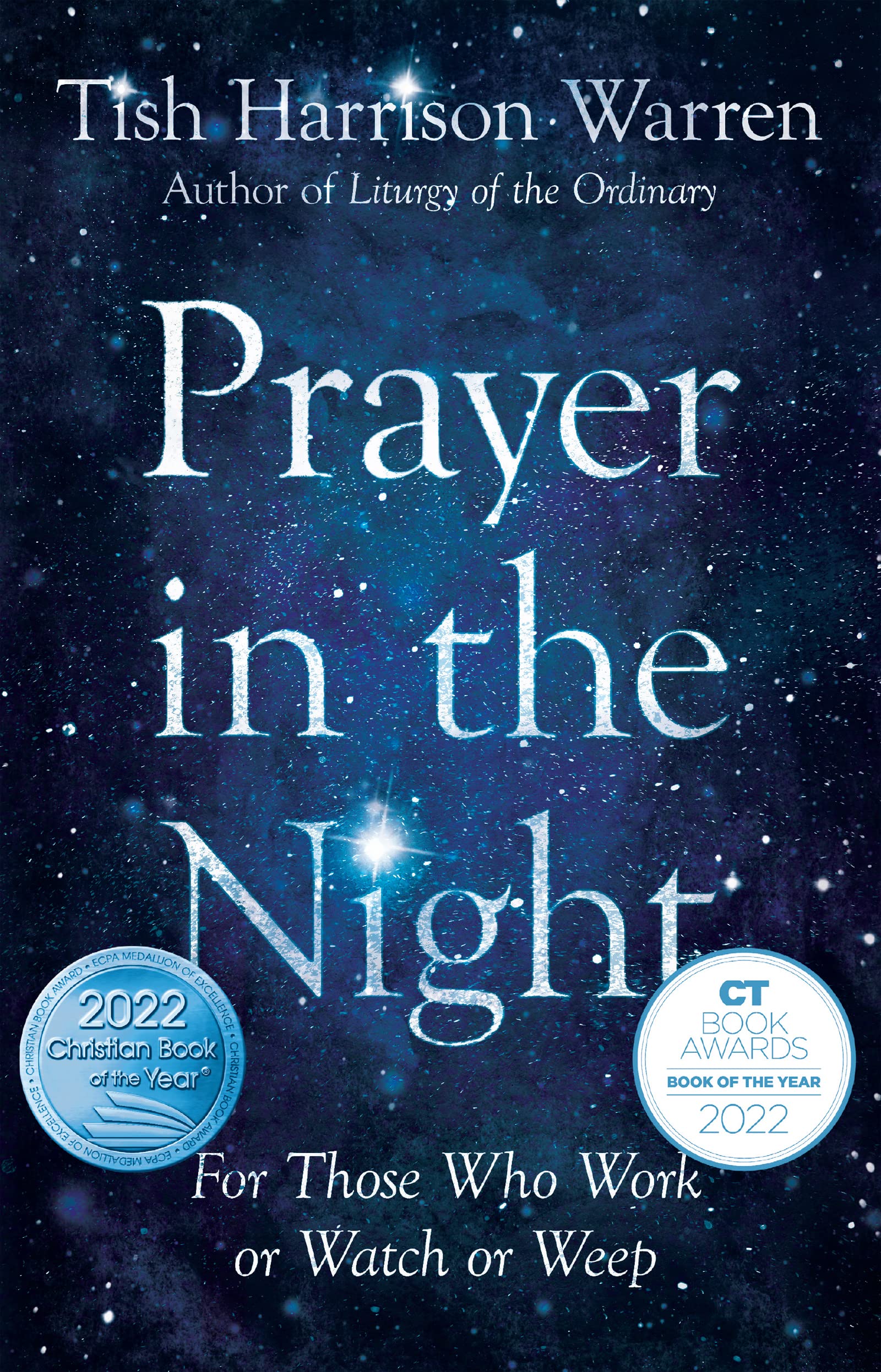
Prayer in the Night by Tish Harrison Warren
Submitted by Pattie Burns
I didn’t know how much I needed this book. Using the words of the ancient prayer of evening Compline, Tish Harrison Warren walks us through a real and raw look at what it means for God to be with us and for us through the grittier moments of life (there are no Christian platitudes to be found in this book!). What do we do when fears swirl in our mind at night, when anxiety spirals, when we worry over sickness, and death, and live with long suffering? Most of us would agree that God is with us. But sometimes these moments steal what we thought we knew. Warren teaches us that it is okay to again, and again, need reminders of God’s nearness.
“The hope God offers us is this: he will keep close to us, even in darkness, in doubt, in fear and vulnerability. He does not promise to keep bad things from happening. He does not promise that night will not come, or that it will not be terrifying, or that we will immediately be tugged to shore. He promises that we will not be left alone. He will keep watch with us in the night.”
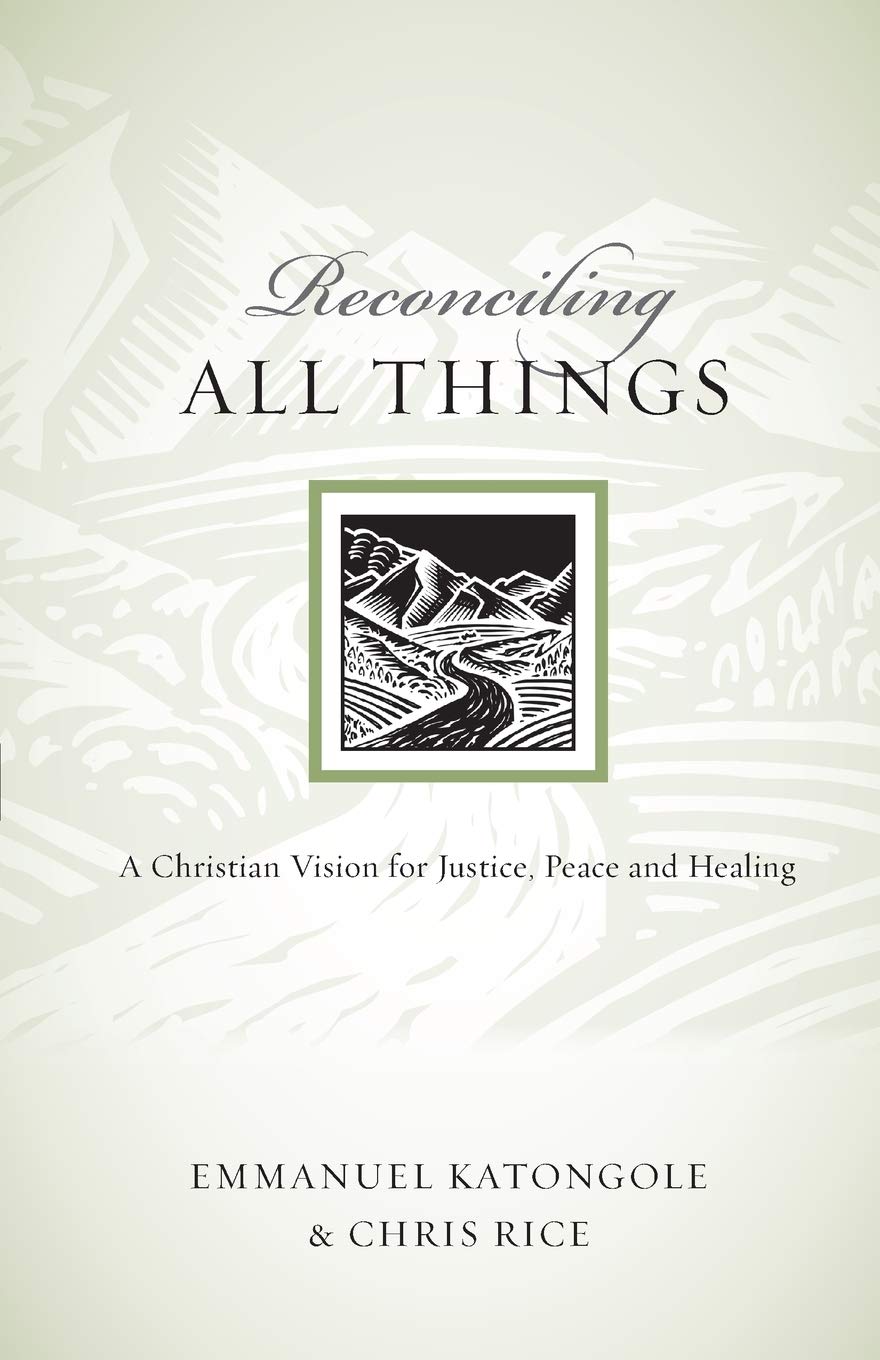
Reconciling All Things by Emmanuel Katongole & Chris Rice
Submitted by Mac McCarthy
We live in a deeply broken and fractured world. You don’t have to live long or look far to see that the world is desperately in need of healing. And this healing - what the Bible calls “reconciliation” - is at the heart of God’s mission in the world. God is at work reconciling all things to Himself through Jesus Christ. What’s more is that God invites us - the church - to be co-laborers and participants in this mission of reconciliation. Katongole & Rice balance a theological vision for reconciliation with practical guidance on how we can humbly join God’s work in the world as agents of healing and reconciliation.
“The ministry of reconciliation is not reserved for the experts. It is the core of God’s mission and an everyday call of the Christian life.”
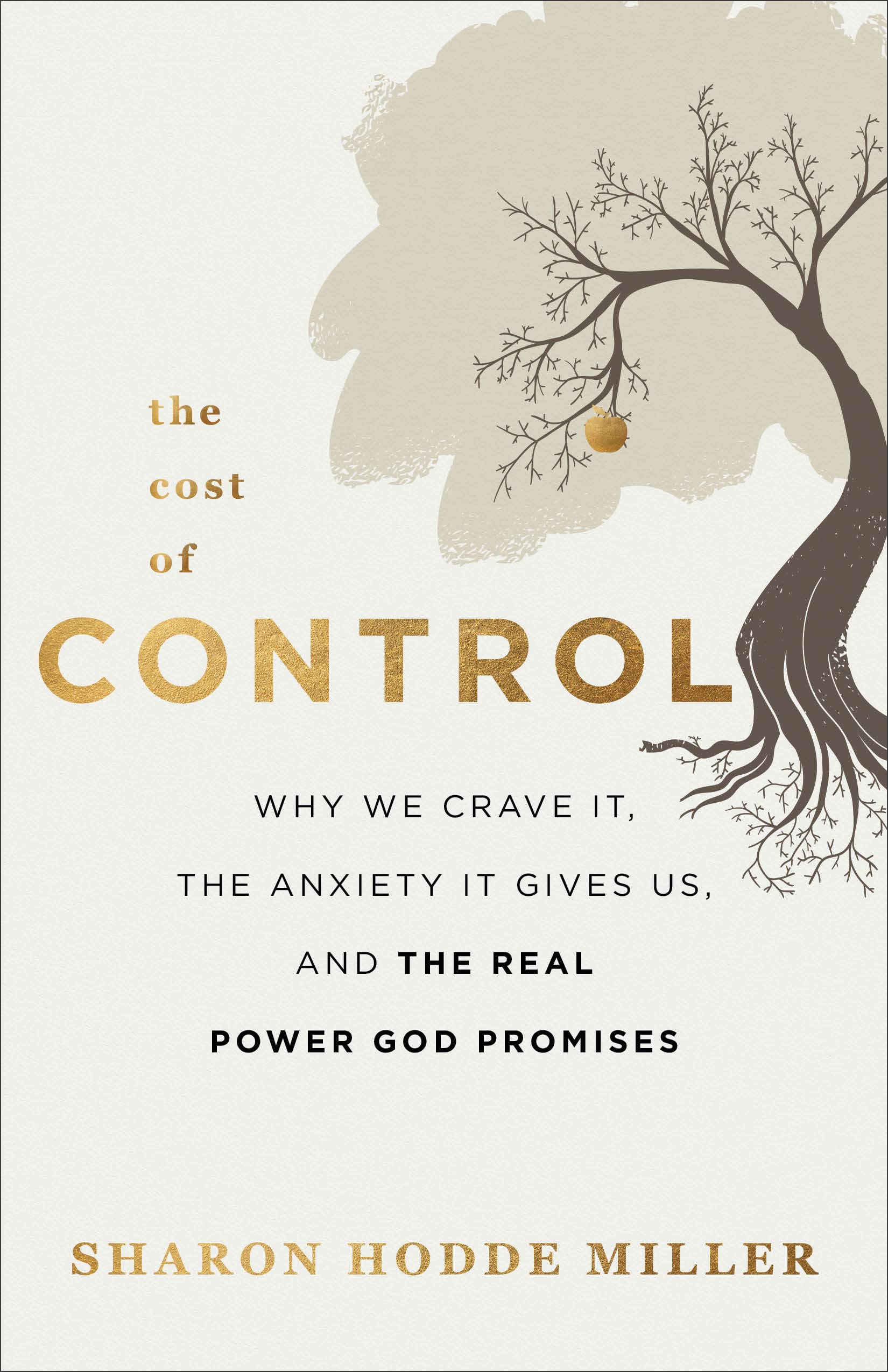
The Cost Of Control by Sharon Hodde Miller
Submitted by Josiah Shirek and Katie Ignatowski
I (Josiah) would not have thought of myself as a controlling person. (Nor would I - Katie). However, that was before reading this book. In The Cost Of Control, Sharon Hodde Miller exposes our desire for control and what it’s doing to our emotional, physical, and spiritual health. She wades into many areas of life in which our grasping at control and certainty only produces anxiety and creates division in our relationships. Luckily, this book also offers biblical insight and practical tools to live the way God intended. If you’re looking for an alternative to the pressure and anxiety that plagues our society, this book offers a way out.
"In my church, some of the greatest anxiety I have experienced has resulted from my naive belief that I could make people think or act a certain way. I was convinced that if I just explained something enough, or provided a person with enough scriptural backing, that I could walk them back from the self-destructive decisions they were making. This illusion has been the source of many sleepless nights and strained relationships because I overestimated my control over the situation and my control over the people."
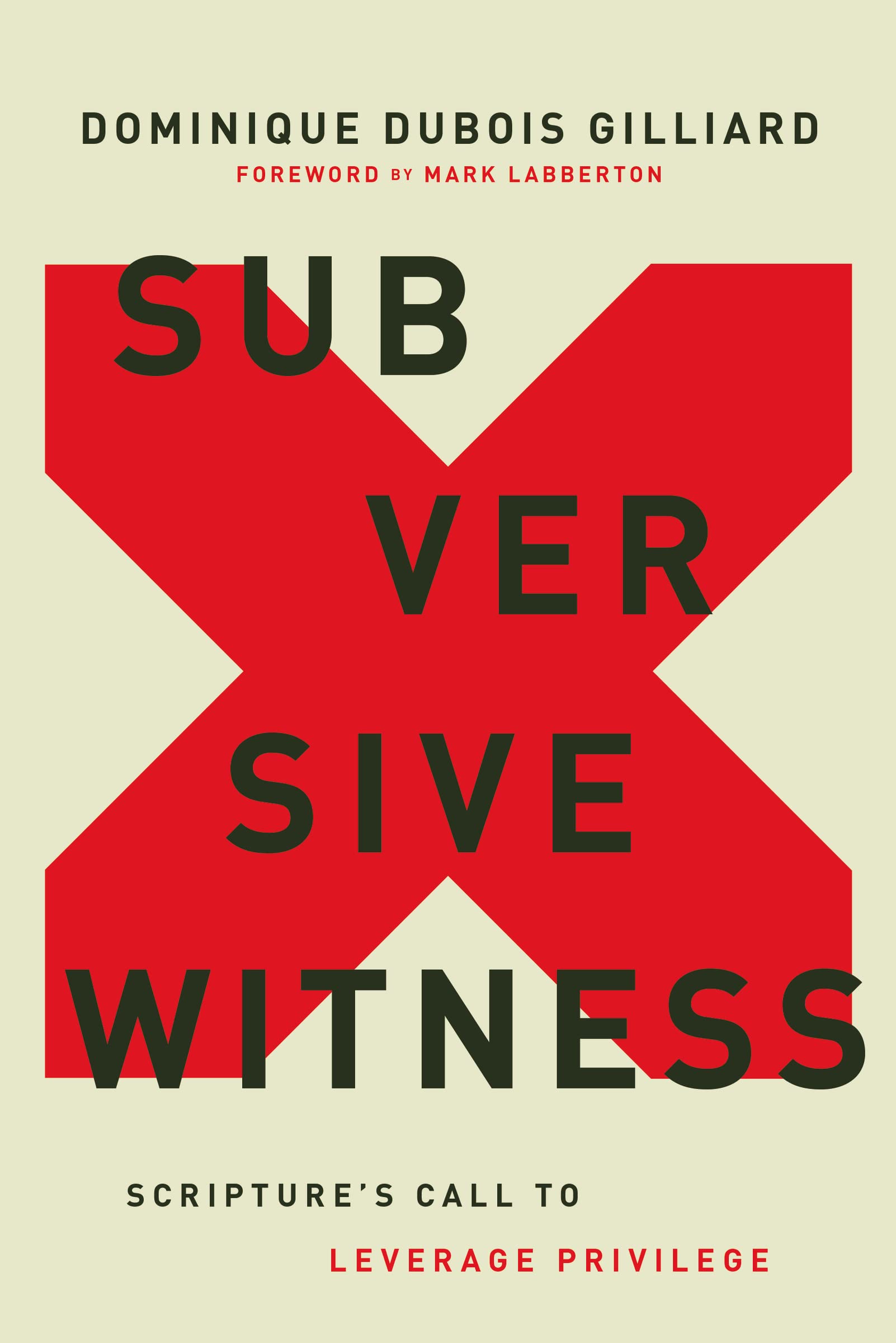
Subversive Witness by Dominique Dubois Gilliard
Submitted by Mac McCarthy
The word “privilege” - driven mostly by political tribalism - has become a controversial word. But it shouldn’t be. We follow a Savior who did not count his divine privilege as something to be grasped, but emptied himself and went to the cross on our behalf (Phil. 2:1-11). We are called to do the same. In this book, Gilliard does a deep dive into the Scriptures to show how God’s people have leveraged their privilege to be part of God’s redemptive work in the world. He then contextualizes how the church is called to be this same kind of subversive witness today. While this book may be stretching for some, I pray people can read it with an open heart.
“The gospel is not merely a get-out-of-hell-free card; it is a divine invitation to participation, to serve as co-laborers with Christ in restoring all things - which includes not only broken people, but systems, structures, and communities that have been perverted by sin - to God.”
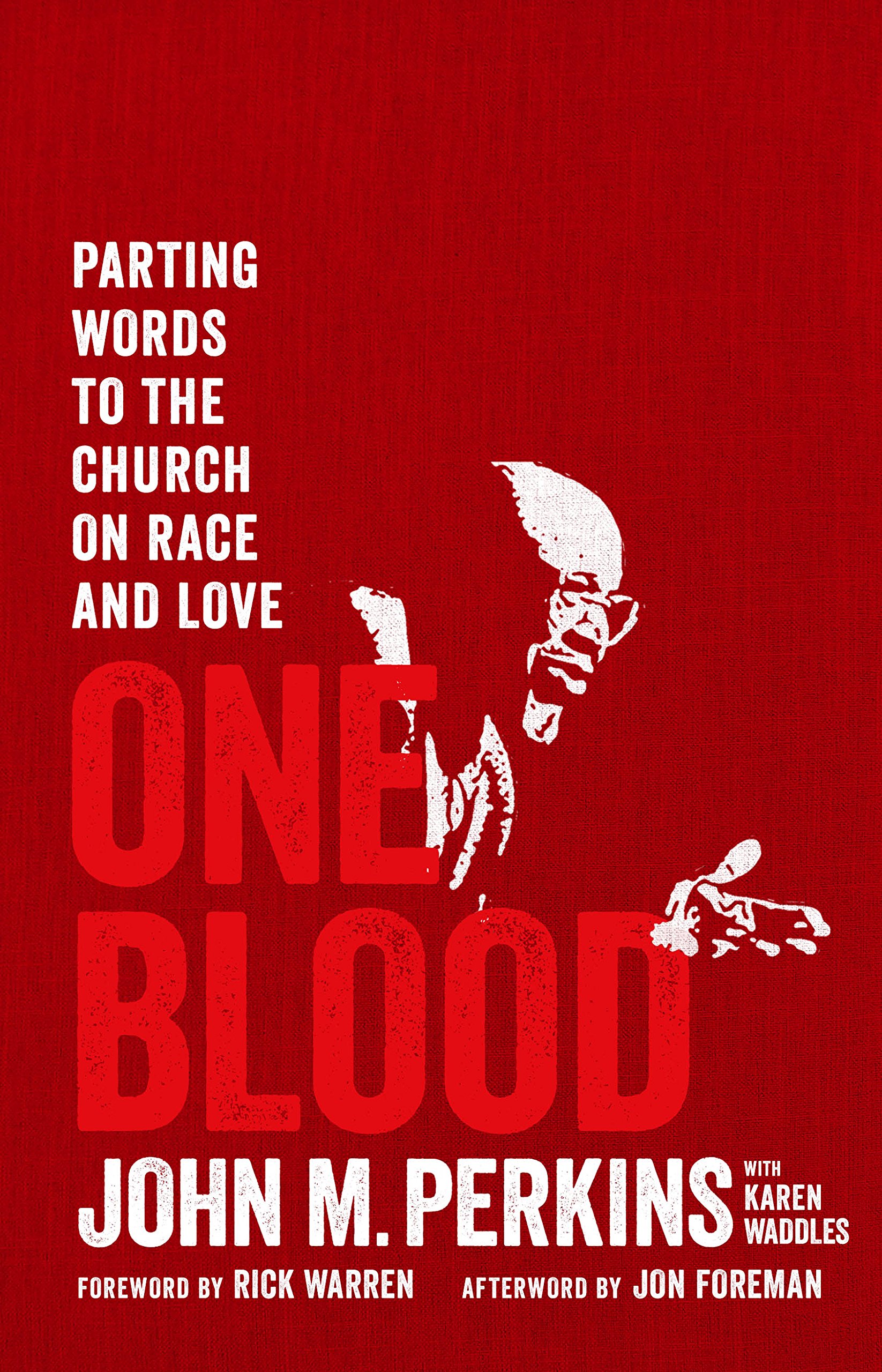
One Blood by John M. Perkins
Submitted by Katie Ignatowski
John M. Perkins has quite the story to tell. As a leading civil rights activist who grew up in a Mississippi sharecropping family in the 1930s, John witnessed the death of his brother at the hands of a white sheriff after serving his country in the army in World War II. He shares his own stories of being mistreated based on the color of his skin. Yet he tells a more important story of a work that God has done in him to turn a seed of resentment into a heart of forgiveness - one that has led him to devote his entire life to building bridges of reconciliation.
“The problem of reconciliation in our country and in our churches is much too big to be wrestled to the ground by plans that begin in the minds of men. This is a God-sized problem. It is one that only the Church, through the power of the Holy Spirit, can heal. It requires the quality of love that only our Savior can provide. And it requires that we make some uncomfortable confessions.”

He’s Where The Joy Is by Tara-Leigh Cobble
Submitted by Liz Tetting
This is a 7-week study on our amazing, triune God. It does have a video with it, but not necessary as the video is a weekly review. Cobble gives scriptural examples and characteristics of the Father, Son and Holy Spirit to help deepen our understanding and intimacy with our loving God. This study is relevant and relatable in my personal life by giving me solid evidence on how God is at work in my life and always has been. The three persons of the triune God accomplishes the creation, salvation and restoration in each of our lives. I highly recommend this book to not only study scripture but to give you a deeper meaning and vision of our God who is loving you so well.
“Having a God who is one in nature/being and three in persons can seem confusing and contradictory, but that’s simply because there’s nothing else like Him in existence. No other religion in the history of the world has ever had a God like this, and we would do well to learn about Him since He’s the foundation of our faith.”

Embodied by Preston Sprinkle
Submitted by Pattie Burns
Preston Sprinkle has created an invaluable resource for anyone who wishes to engage the trans conversation with both grace and truth. He provides biblical and scientific clarification of terminology and concepts while giving readers a glimpse into the lives and stories of people touched by this conversation. The goal - to love well, where there has often been relational distance rooted in fear, anger, skepticism, and confusion. As Sprinkle says, “We need less outrage and more outrageous love.” Outrageous, Jesus-like love for those who often find themselves in a tenuous relationship with the church. This is a worthwhile read.
“Jesus is building an upside-down kingdom where outcasts have their feet washed, the marginalized are welcomed, and dehumanized people feel humanized once again. Where truth is upheld, celebrated, and proclaimed. Where those who fall short of that truth are loved. We will be better positioned to embody the kingdom and love people well once we’ve understood some basic (and some quite complex) biblical, theological, and scientific concepts about what it means to be human – sexed and embodied beings who bear God’s image.”

How To Pray by Pete Greig
Submitted by Katie Ignatowski
Pete Greig, founder of the 24-7 prayer movement, paints for us a beautiful picture of the life-giving practice of prayer in his book How to Pray. He gives us a four-step rhythm: Pause. Rejoice. Ask. Yield. (P.R.A.Y.) as a tool to connect with God wherever we are and whatever we are facing. Greig encourages us not to use these steps as hard and fast rules but rather "like dance steps - fluid, interactive, and open to creative interpretation." He walks us through real-life examples of the heroes of prayer, like the Desert Fathers and Mothers, Saint Patrick, Corrie ten Boom, Susanna Wesley, and Blaise Pascal. This book is a great resource for anyone looking to deepen their prayer walk with God.
“The best way to start praying, therefore, is actually to stop praying. To pause. To be still. To put down your prayer list and surrender your own personal agenda. To stop talking at God long enough to focus on the wonder of who he actually is. To ‘be still before the Lord and wait patiently for him’.”
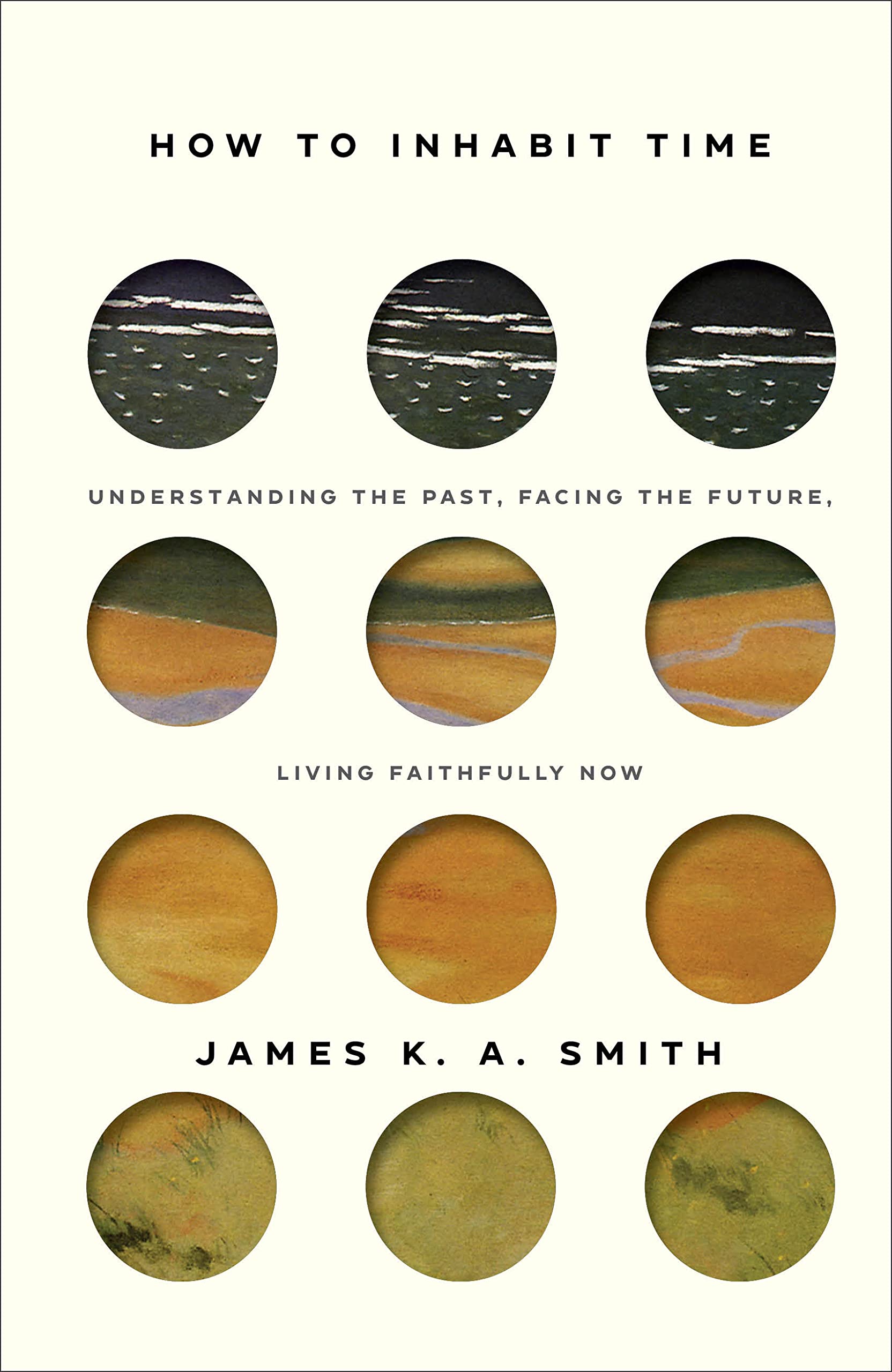
How to Inhabit Time by James K.A. Smith
Submitted by Cameron Lucas
If you're willing to put in the work to deal with the occasional Latin phrase and some words that might make you reach for a dictionary, this book is fantastic. The book is threefold: one part theological and philosophical reflection on the nature of time, one part collection of stories and anecdotes from the author's life, and one part reflections on what it means to be human from the book of Ecclesiastes. James K.A. Smith does a great job weaving all these things together to help us think about how to properly orient ourselves to our past, future, and (most importantly) our present to best experience the presence of God in our lives.
"Shame teaches me to look at my past and see something hideous that makes me regret my existence. In grace, God looks at my past and sees the sketch of a work of art that he wants to finish painting and show the world...Only such a God could make even my vices the soil in which he could grow virtue."
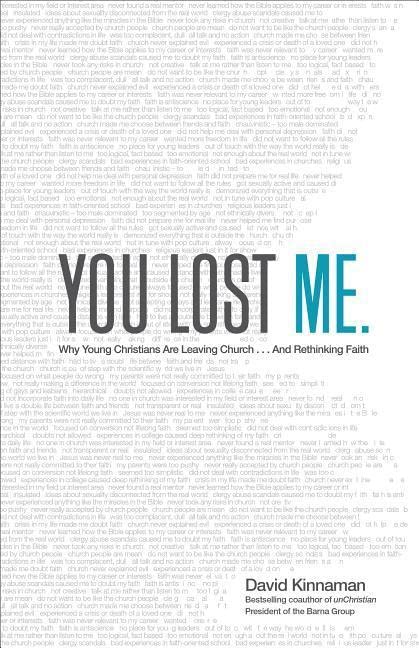
You Lost Me by David Kinnaman
Submitted by Kyleen Walther
We often hear that we are living in a post-Christian world. David Kinnaman spent years researching why teens and young adults stopped attending church after growing up in churches. After talking to thousands from the age group least likely to attend church, he found that everyone had deeply personal reasons for wanting to leave and their stories help us understand their struggle. He found three main groups: Nomads, Prodigals, and Exiles. These disconnected young people found that churches were overprotective, shallow, anti-science, repressive, exclusive, and doubtless. Many have lost faith in churches, but not in God. We can seek reconnection with them through discernment, apprenticeship, stewardship, relationship, embracing, and doing. But, we might have to think a little differently than we are used to.
“I believe that we will see the next generation flourish in a new cultural context as they find new ways to be in, not of. And I believe their efforts will bear fruit for all of God’s people, just as the Babylonian exiles blessed and renewed the people of God in ancient days.”
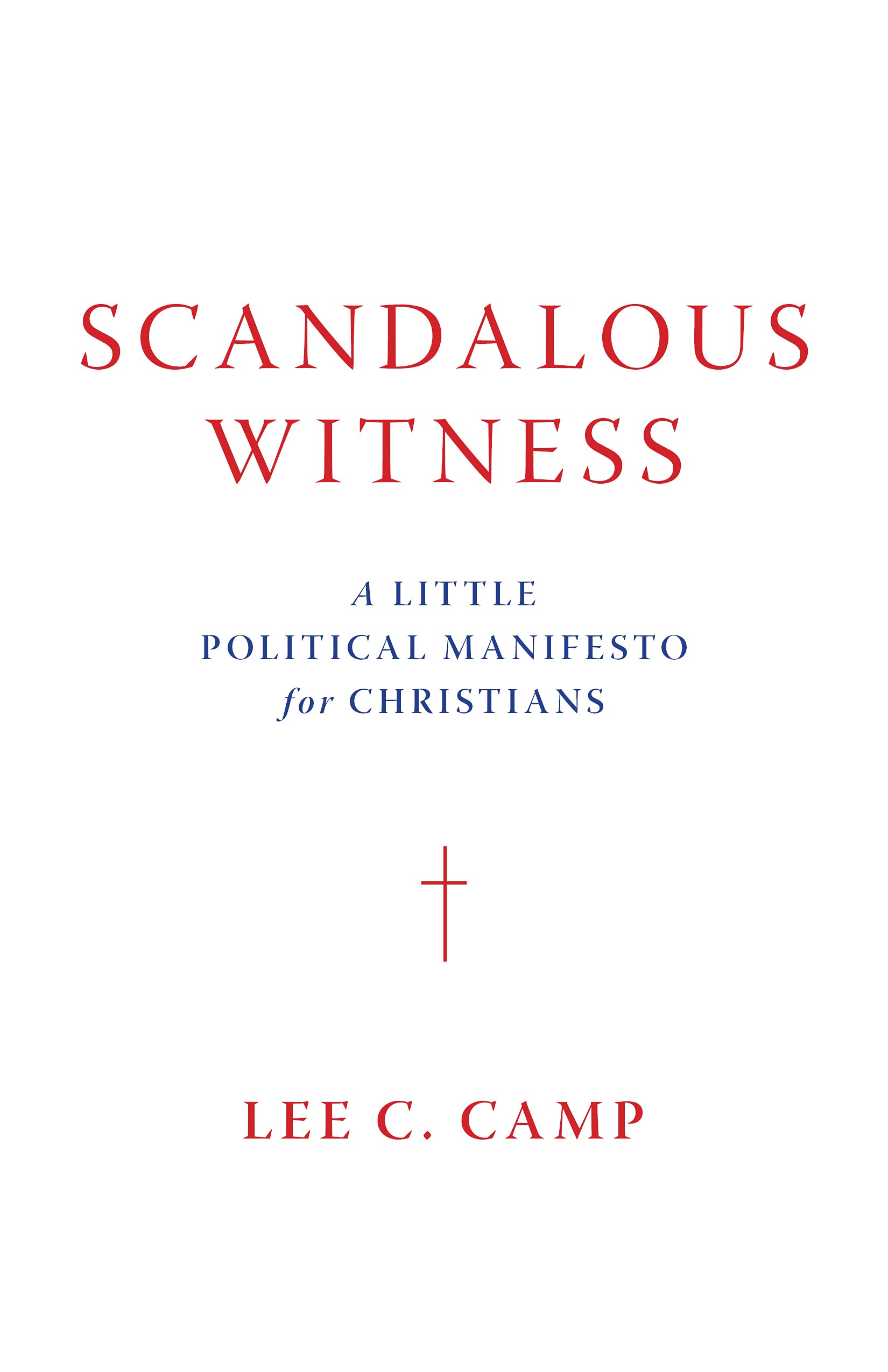
Scandalous Witness by Lee C. Camp
Submitted by Pattie Burns
In his manifesto, Camp asserts that we must reevaluate our core allegiances, our very framework for how we think about what it means to follow Jesus and live as his followers in this world. As followers of Jesus we must actually follow Jesus, not the left or the right. But have we done the work of looking at what that truly means and are we willing to let the Holy Spirit guide us here? This book is full of challenge, and full of hope if we’re willing to press in.
“First, do not be afraid. If indeed John’s Jesus be true – “you shall know the truth, and the truth shall set you free” – then do not be afraid. By choosing to tell different stories, make different observations, ask different sorts of questions, you have an immense power to change the nature of political discourse in your community. Though some – whether right, left, or religious - may find many of these contentions as threatening (or tacky), do not be afraid. Be of good courage.”

Help My Unbelief by Fleming Rutledge
Submitted by Cameron Lucas
In this collection of short and relatable sermons Fleming Rutledge strikes a great balance between wrestling with doubt and questions about faith while staying ruthlessly committed to God and His Word, no matter how countercultural it may be. This book challenged me, encouraged me, and most importantly gave me an avenue to connect with God in a fresh way in a season where I had limited time to read.
"In America we have built an altar to the idea of freedom of choice...For Paul, true freedom is freedom from self-will."
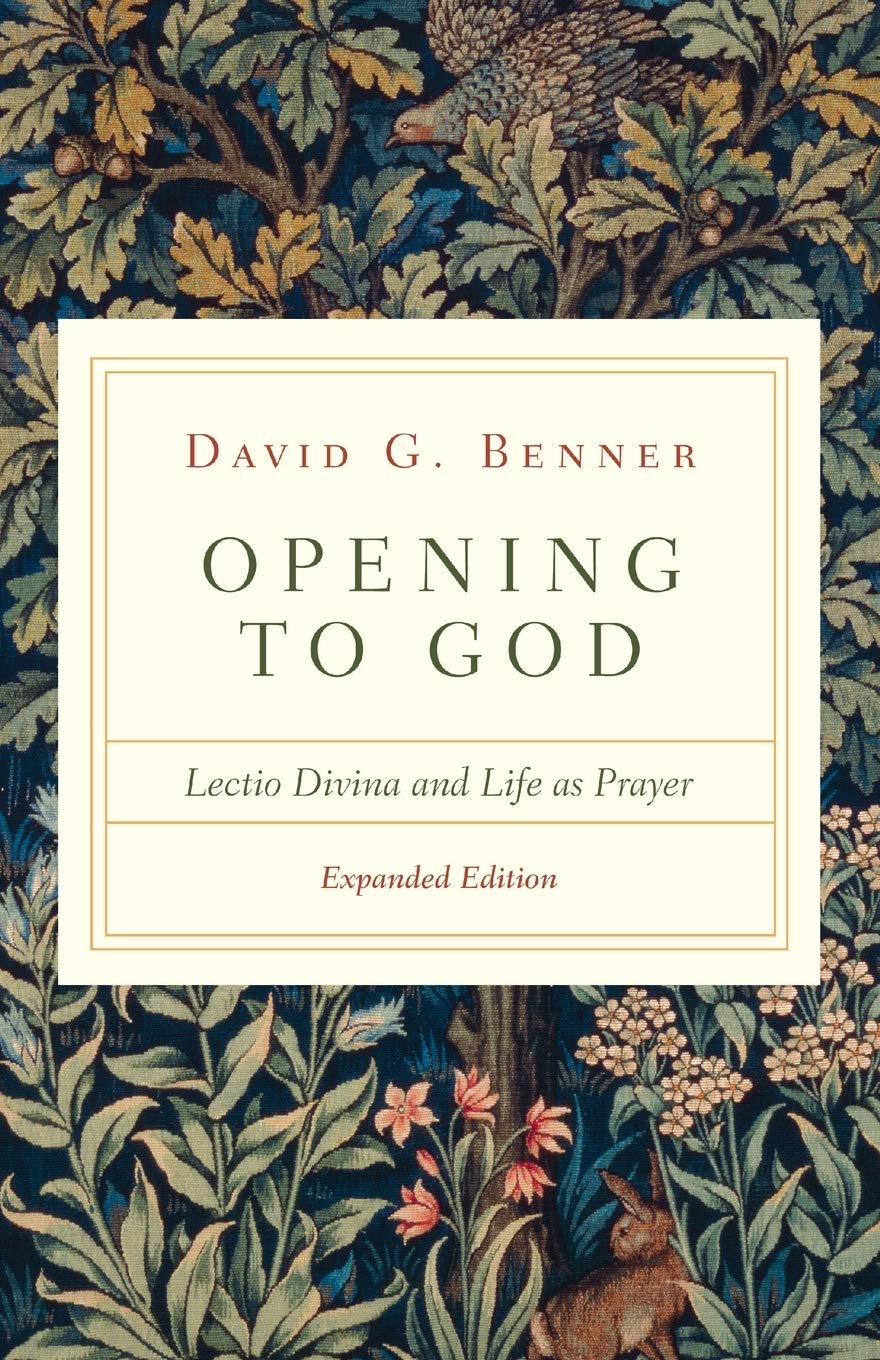
Opening to God by David G. Benner
Submitted by Mac McCarthy
I first encountered David Benner through his book Surrender to Love (another book I’d highly recommend) over a decade ago. That book was transformational for me. Needless to say, I was excited to pick up this book and give it a read. It didn’t disappoint. Benner captures the essence of prayer as opening up to God in trust. This is the essence of faith and it is something that encompasses all of life. If you want a deeper relationship with God through Jesus, I highly recommend this book.
“The Christian spiritual journey is responding to God’s invitation to a personal encounter in love. Prayer is our response. Prayer is the place of the encounter. Growth in prayer is growing in loving intimacy with God.”
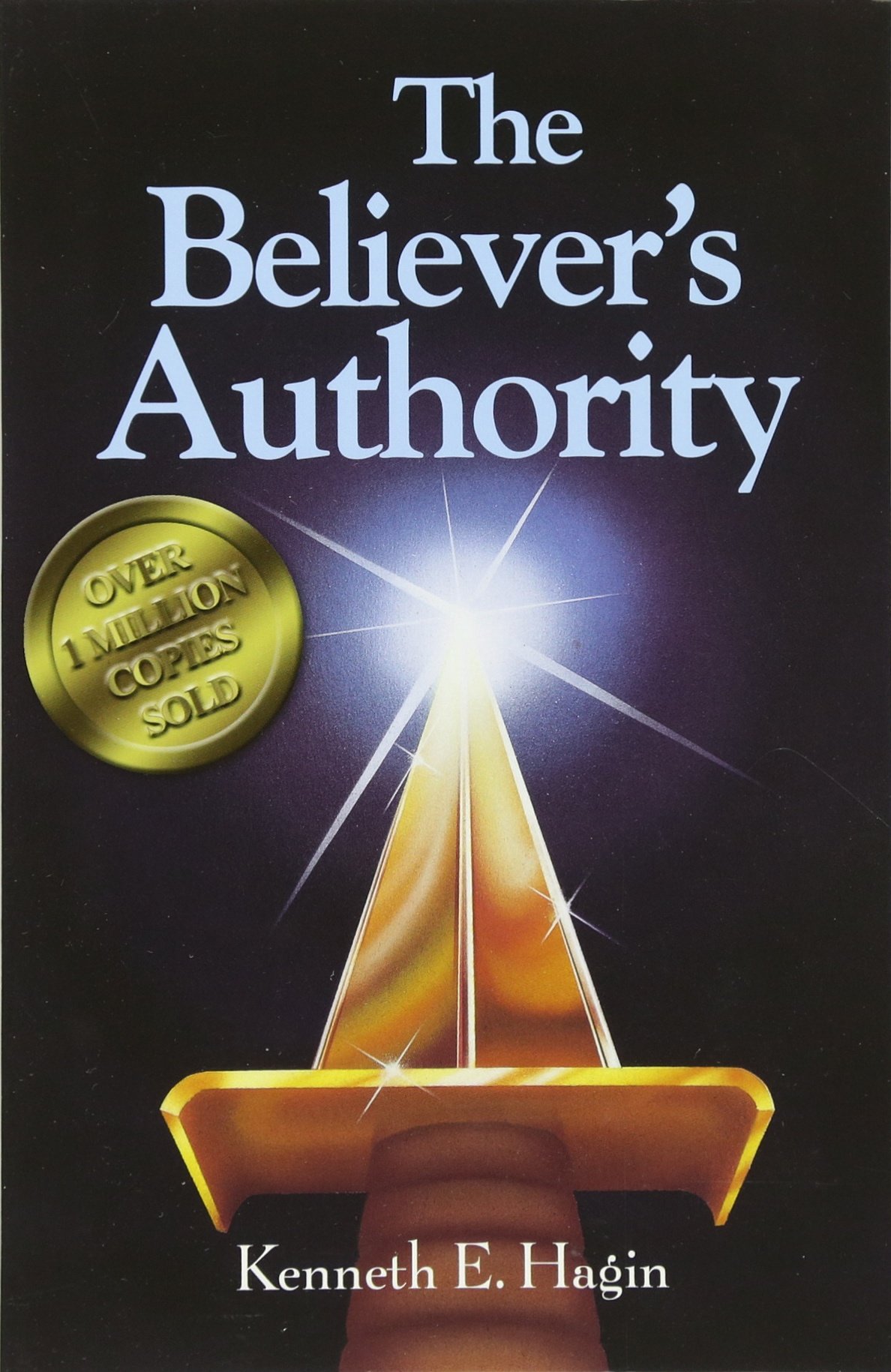
The Believer’s Authority by Kenneth E. Hagin
Submitted by Liz Tetting
As Christians who are walking intimately with Christ, we have authority on this earth because of Jesus who resides inside us. If you’re looking for a quick read that will blow your mind and teach you about your authority in Christ, then this is a nice read for you. Hagin walks you through scripture that can be used as powerful prayers for yourself and others. He explains how we are seated with Christ in heavenly places and are able to trample on anything that tries to block God’s plans. May our hearts be opened to God’s truth so we don’t miss out on our authority!
“If the church ever gets the revelation that we are the Body of Christ, we’ll rise up and do the works of Christ! Until now we’ve been doing them only limitedly. When we realize that the authority that belongs to Christ also belongs to individual members of the body of Christ and is available to us, our lives will be revolutionized!”



